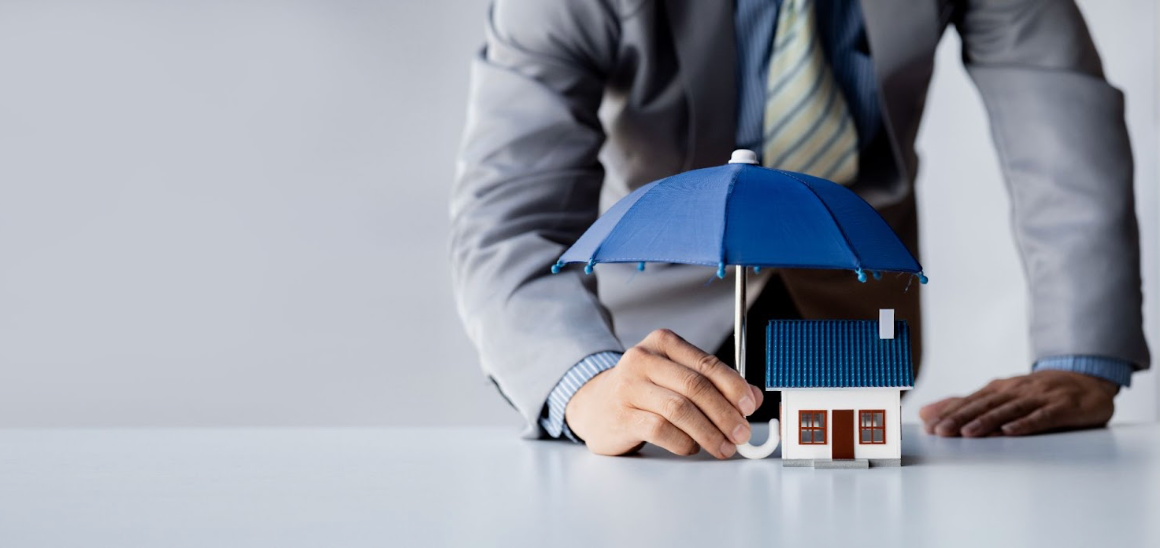Should I Consider Buying a Real Estate Owned (REO) Property?
Buying a new home is a very exciting process, but with that, it also tends to be very expensive. Fortunately, if you are looking to purchase a home on a budget, there are a variety of options that won’t completely drain your bank account. One potential option to explore is a real estate-owned, or REO property.
Our national title and escrow experts explain what real estate-owned property is and explore the benefits of investing in REO property. Keep reading to learn more!

What is REO Property?
A real estate-owned property is a house that has been acquired by the mortgage lender or investor, usually because it was unable to sell at auction. Several circumstances may lead to a property becoming real estate owned, but the most common reason is that the home went into foreclosure.
When a home faces foreclosure, the lender repossesses the property and will attempt to sell it at auction. If the property fails to sell at this point, then ownership falls on the lender. In this case, the lender wants to sell the REO property as quickly as possible in order to remake lost money.
What Qualifies a Property as Real Estate Owned?
It’s important to realize that foreclosed does not equate to REO. Even though REO properties tend to be the result of homeowners missing mortgage payments or taxes and then facing foreclosure, this doesn’t automatically qualify the property as REO.
Another way that a property becomes real estate owned is if the home is repossessed by the lender after a previous owner moves out or passes away after a reverse mortgage. If the heirs do not want to pay off the mortgage, refinance, or sell, they can give the property to the lender.
The Positives & Negatives of Buying REO
There are pros and cons to consider when purchasing an REO property, and you must evaluate case-by-case. Here we share in general terms.
Pros
One of the greatest appeals of buying an REO property is that they are typically priced low. It is not in a lender’s best interest to hold onto these properties, so they typically will price them to sell as quickly as they can. This is good news for you as a homebuyer – quick and hassle-free!
It is not in a lender’s best interest to hold onto an REO property, so they typically price them low to sell them quickly.
REOs can be particularly lucrative for investors interested in flipping homes or serving as a landlord. They additionally will not have any outstanding taxes on the title because this all is cleared when the property is repossessed by the bank.
Cons
While the low price point makes REO properties very appealing for homebuyers on a budget, keep in mind that these homes are sold as is, warts and all. They may need substantial repairs, so be sure to have an inspection before you buy so you know what you’re getting into.
Where to Find REO Listings
If you’ve decided that an REO property may be the best option for you, you’ll have to do some digging to find the best home for your needs. Fortunately, it’s easy to search publicly available listings from the Department of Housing and Urban Development (HUD) as well as federal agencies such as the Department of Veterans Affairs, the Department of Agriculture, and even the IRS.
Learn More > What is REO Title Insurance?
Other Factors to Consider
Once you’ve made an offer on an REO home that meets your needs, you should consider some important factors before moving forward, such as:
Hiring a Real Estate Agent with REO Experience
Our real estate experts at True Concept Title suggest working with a real estate agent who is very familiar and experienced working with REO properties. They will understand how to present an offer that a lender will be satisfied with and will also be able to provide advice regarding what improvements need to be made before the house is livable.
Getting a Home Inspection
Hiring a home inspector to conduct a thorough exam of your potential REO property is a crucial step in the process. You want to know exactly what problems exist in the house before buying because the lender is unlikely to fix any existing problems.
Buying Title Insurance
When you buy an REO property, you will most likely be required to buy a lender’s title policy to protect the lender’s investment in the case that an ownership claim against your home is made. You should additionally purchase an owner’s policy to protect your personal investment. Since many properties have been foreclosed on, there could be hidden clouds on the title that aren’t revealed until down the road without this protection.
If you plan on investing in a new property, call on our team at True Concept Title for a seamless in-person or mobile closing as well as protection of your assets.

Make the Smart Move with True Concept Title
If you are on the hunt for a home on a budget, an REO property may be the perfect option for you, especially if you are willing to make a few repairs. As with any home purchase, make sure to do thorough research and consult with the appropriate experts before committing to a purchase.
Whether you are purchasing REO or a regular home, you need title insurance to protect your investments. Call True Concept Title at (813) 263-7168 today to learn more about how we can help you navigate this complex yet rewarding process.










